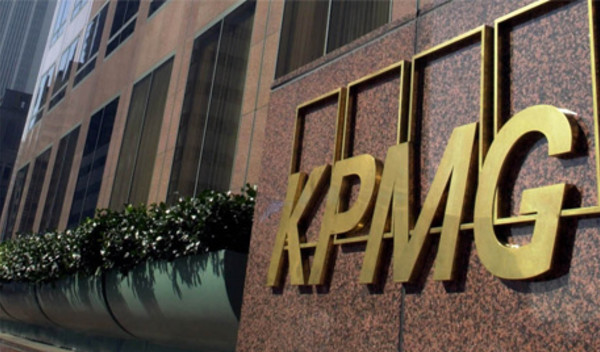

The work and pensions select committee wants the government to tighten the net around auditors and their role in company pensions collapses in its upcoming paper on defined benefit (DB) schemes.
Labour MP Frank Field told FTAdviser that the document, expected to be published in the spring, should have a look on “what is the duty of auditors of companies, should that also encompass the state of the pension fund, [and] what sort of warning notices should auditors be making on this front”.
This is a view shared by other members of the committee, such as Scottish National Party MP Chris Stephens.
The Department of Work & Pensions (DWP) has been working on its white paper on DB schemes, which was first expected to be published in 2017, then delayed to February 2018, and it is now expected before the summer.
The paper, which follows a consultation launched in February into what needed to be done to ensure confidence and secure the future of these schemes, will consider the need to adapt the regulatory regime.
The role of auditors came to light in the case of the collapse of Carillion, as KPMG signed off the accounts of the contractor in March 2017.
After unsuccessful talks with its lenders and the UK government, Carillion made an application on 15 January to the High Court for compulsory liquidation.
Carillion, which employs about 43,000 people, has been struggling for several months, issuing a profit warning last year that sank its share price – which has fallen from more than £2 a year ago to about 14.2p just before it went into administration.
Mr Field said: “A particular aspect arises with that company [Carillion] which we are concerned about, which is namely how can the accountancy firms sign off suggesting that the company is a going concern, when months later it collapses.”
A going concern is a business that functions without the threat of liquidation for the foreseeable future, usually regarded as at least within 12 months.
Mr Field also wants to clarify if auditors, when they are making that judgment about a going concern for the coming year, "shouldn’t they take into account what is happening on the pension funds - whether that is coming out of control, or if that should be noted in their report when they are signing off the accounts”.
In the meantime, the committee has opened an investigation into the collapse of Carillion and its impact on the company's DB schemes, which will enter the Pension Protection Fund (PPF).
Mr Field will propose that the committee takes evidence from the company directors, trustees, The Pensions Regulator (TPR) and auditors.
He said: “We are trying to get information from the pension trustees of Carillion, about if they actually understand that despite the company accounts being signed off it was near to topping over.”
Accounting watchdog Financial Reporting Council has said, in the meantime, that it might launch an inquiry into KPMG’s audit of Carillion.
A spokesperson at KPMG said: “We believe that we conducted our role as Carillion’s auditor appropriately and responsibly.
“We issued our last audit opinion on 1 March 2017 in respect of the financial statements for the year ended 31 December 2016. In agreement with Carillion, in June 2017 we accelerated some of our audit procedures in relation to underperforming construction contracts.
“We issued our standard interim review opinion on Carillion’s half year results on 29 September 2017 and at the date of liquidation were carrying out our final audit work.
“We note the statement by the FRC. We recognise that it is important that regulators acting in the public interest review high profile cases and will of course cooperate fully with any enquiries that the FRC or other regulatory agencies may make.”
According to Kate Smith, head of pensions at Aegon, “there’s an argument to say that auditors should be looking at the bigger picture and providing a view not just on the quality of financial reporting, but the outlook for the business and its pension scheme”.
She said: “Pension are unsecured debts, and their priority order when looking at the financial sustainability of the sponsoring company needs to change.
“A recent spate of high-profile failing companies demonstrates that pensions must be put higher up the pecking order, to ensure they are correctly funded in the first place.”
Ms Smith argued that the forthcoming white paper should be looking at this, and “giving more powers for TPR to intervene where things aren’t working as they should”.
She added: “It should also look at how to make the financial sustainability of both the sponsoring employer and DB scheme more transparent to members.
“However, it’s hard to see whether this will be enough to stop a minority of companies behaving badly and putting their workers’ pension at risk.”
Alan Chan, director and chartered financial planner at London-based IFS Wealth & Pensions, questioned, however, if it’s the auditors’ role to be assessing company pension schemes.
That is “between the trustees, the scheme employer and the strength of the employer covenant,” he concluded.
maria.espadinha@ft.com



